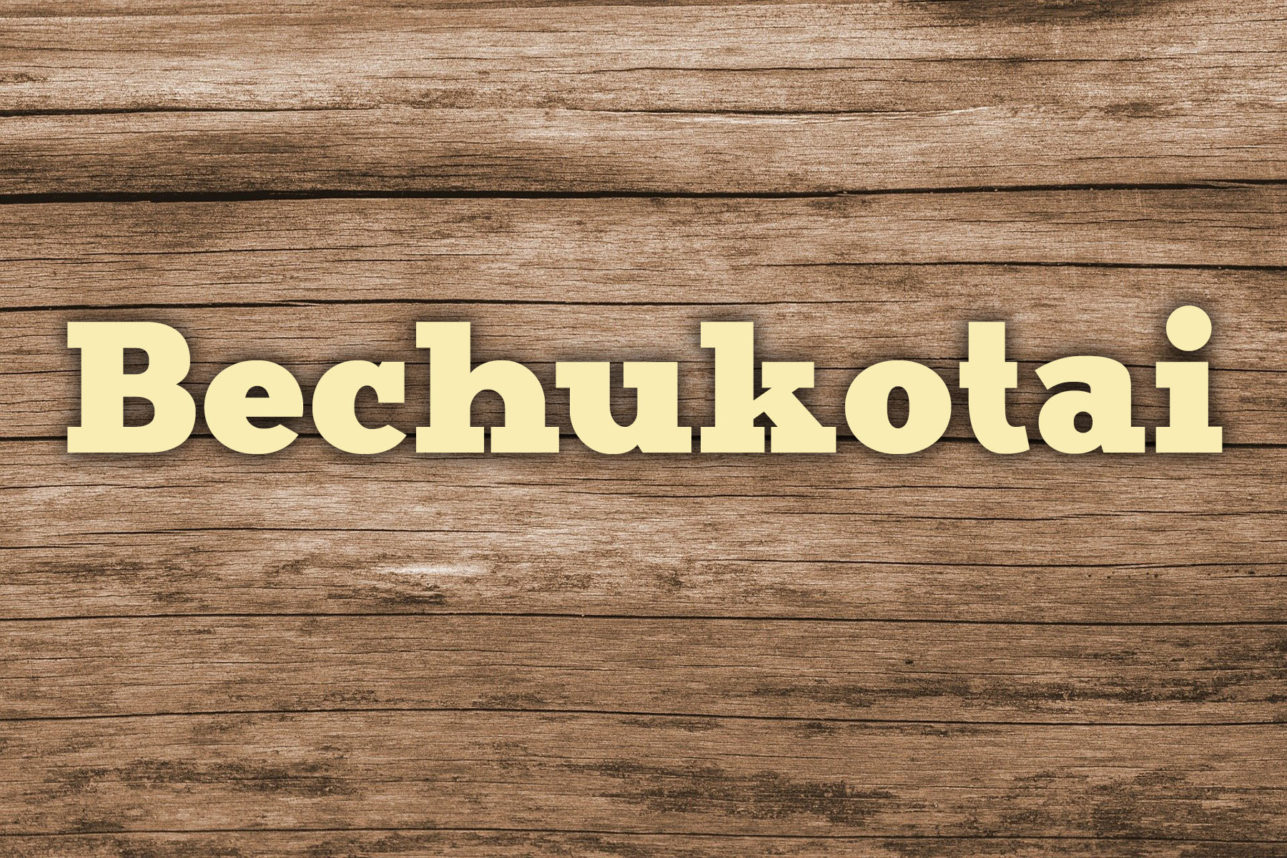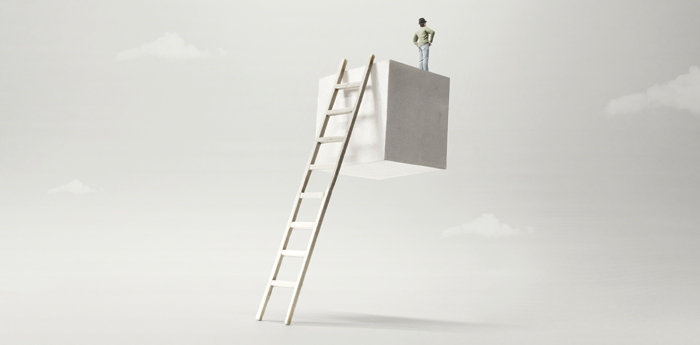
The New York Times asks that question in an article about the Isaiah Scroll that unconvincingly argues Hebrew is vanishing faster than the American Jew:
Its revival is often hailed as one of the greatest feats of the Zionist enterprise; today Hebrew is the first language of millions of Israelis, a loquacious and literary nation that is said to publish an average of 5,500 books a year.
But in a country where self-doubt and insecurity run deep, even a linguistic triumph can be a cause for concern. After such a meteoric comeback, some worry that the common language may already be in decline, popularized to the point where many Israelis can no longer cope with the rich complexities of traditional Hebrew prose.
“There is a feeling of anxiety,” said Ruvik Rosenthal, a popular Israeli language guru and author of a best-selling dictionary of Hebrew slang.
There is the creeping foreign influence, as urban sophisticates pepper their Hebrew speech with accented English affectations like “please,” “sorry” and “whatever,” along with a noticeable loss of nuance and relative paucity of vocabulary in regular use.
Israelis can obsess about language. “We speak with mistakes,” Mr. Rosenthal said. “Everyone does, and everyone corrects everyone else.”
But he and other Hebrew watchers point to a potentially more disturbing trend: living Hebrew has moved at a fast pace, and in the process, it has become increasingly estranged from its loftier ancient form.
“We used to understand the biblical language better, and our language was closer to it,” said Ronit Gadish, academic secretary of the Academy of the Hebrew Language, the state’s supreme guardian of the national tongue. “Now, what can we do to keep up the continuity?”
In a country suffused with religious and historical symbolism, the linguistic link to the past has always evoked feelings of national identity, vindication and pride. Any erosion is bound to stir unease.
“The Bible,” said Mr. Rosenthal, “is first of all our connection to the land.”
Yes, but, in a country largely divided between the secular and the ultra-Orthodox, what about belief in the Bible?






















 More news and opinions than at a Shabbat dinner, right in your inbox.
More news and opinions than at a Shabbat dinner, right in your inbox.